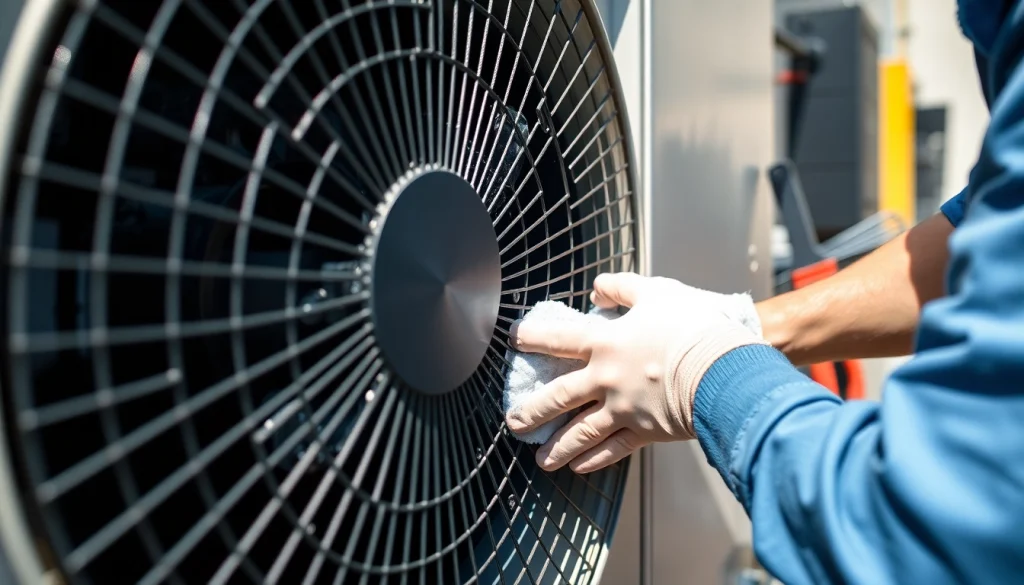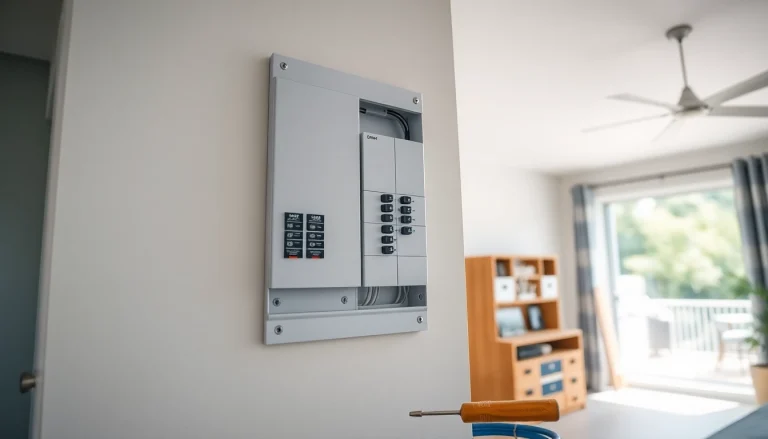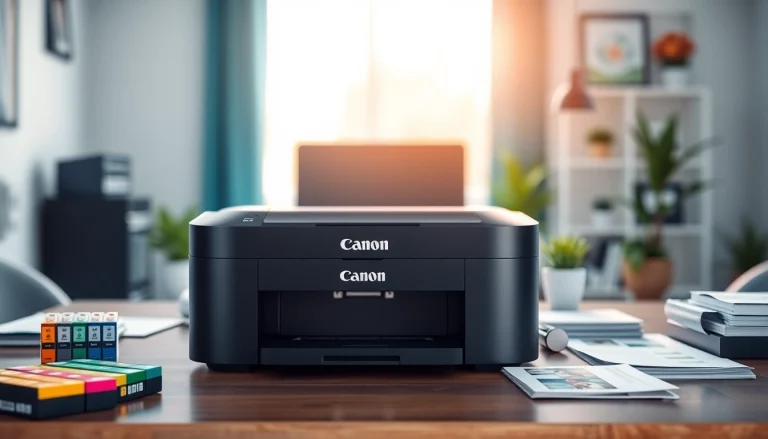
Understanding Your AC Condenser
What is an AC Condenser?
Your air conditioning system is a complex network designed to cool your home efficiently. At the heart of this system is the AC condenser, playing a pivotal role in the overall functionality of your unit. Essentially, the AC condenser works by expelling the heat absorbed from your home, allowing the refrigerant to cool down and return to the evaporator coil for the cycle to repeat. The unit typically consists of a series of coils surrounded by fins, and it is essential to keep these components clean for optimal performance.
Importance of Cleaning Your AC Condenser
Cleaning your AC condenser is not just a maintenance task; it is vital for the longevity and efficiency of your air conditioning system. A dirty condenser can lead to various performance issues, such as:
- Reduced Efficiency: Dirt and debris can hinder airflow and affect the heat exchange process, causing your system to work harder and use more energy.
- Increased Wear and Tear: A clogged condenser can lead to overheating, which may result in breakdowns and costly repairs.
- Higher Utility Bills: An inefficient AC unit utilizes more energy, leading to higher electricity bills, which can hit your pocket hard.
By regularly cleaning your AC condenser, you can maintain efficiency, extend its lifespan, and ensure a comfortable environment within your home.
Signs Your AC Condenser Needs Cleaning
Identifying when to clean your AC condenser is crucial. Here are some common signs that indicate a cleaning may be necessary:
- Increased Cooling Times: If your home is taking longer to cool down, it could be a sign that your condenser is clogged.
- Noisy Operation: Unusual sounds from the AC unit could indicate that the compressor is working harder due to dirt buildup.
- Ice Formation: If ice starts forming on the coil, it could mean that airflow is being restricted.
- Higher Energy Bills: A sudden spike in your energy costs can indicate inefficiency caused by a dirty condenser.
Essential Tools for Cleaning Your AC Condenser
Recommended Cleaning Supplies
To clean your AC condenser effectively, you’ll need some basic supplies. Here’s a list of recommended cleaning supplies:
- Coil Cleaner: Specialized coil cleaning solutions are available at home improvement stores. Opt for biodegradable options where possible.
- Garden Hose: A hose with a spray nozzle is excellent for rinsing the condenser coils.
- Soft-Bristle Brush: For gently scrubbing the fins without causing damage.
Protective Gear for Safety
As with any cleaning task, safety is essential. Make sure to equip yourself with:
- Gloves: To protect your hands from debris and cleaning solutions.
- Safety Glasses: To shield your eyes from dust and cleaning sprays.
- Closed-Toe Footwear: It’s advisable to wear shoes that cover your feet, particularly when handling heavy equipment.
Tools for Detailed Cleaning
For a more thorough cleaning process, consider these additional tools:
- Vacuum with Brush Attachment: Handy for removing dirt and debris from hard-to-reach places.
- Fin Straightening Tool: Useful for straightening bent fins, which can restrict airflow.
- Multimeter: If you’re unsure whether the unit is electrically safe to clean, a multimeter can check for electrical issues.
Step-by-Step Process on How to Clean AC Condenser
Preparing Your AC Unit
Before you start cleaning, ensure your safety by following these preparatory steps:
- Turn Off Power: Shut down the AC unit at the thermostat and turn off the breaker to prevent electrical hazards.
- Remove Debris: Clear any leaves, dirt, or debris from the area surrounding the condenser. This ensures unobstructed airflow during the cleaning process.
- Access the Coils: If necessary, remove the outer casing of the unit to access the coils. Many units have a protective cover that can be lifted or unscrewed.
Cleaning with a Hose and Coil Cleaner
Once your unit is prepared, follow these steps to clean the condenser:
- Spray the coils with a coil cleaner to break down buildup and grime. Make sure to follow the manufacturer’s instructions regarding how long to leave it on.
- Allow the cleaner to sit for the recommended time, usually around 10-15 minutes.
- Using your hose, gently rinse the coils with water, starting from the top and working downward. This helps in washing off dirt and any remaining cleaning solution.
- For more stubborn grime, use the soft-bristle brush to scrub the coils lightly, being cautious not to damage the fins.
- If the fins are bent or blocked, use a fin straightening tool to flatten them out for improved air efficiency.
- Finally, clean out any debris from the bottom of the unit to prevent water pooling.
Post-Cleaning Maintenance Tips
After cleaning your AC condenser, don’t forget about these essential maintenance practices:
- Inspect the Unit: Regularly check for any visible damage, like leaks or corrosion.
- Set a Cleaning Schedule: Aim to clean your condenser at least once a year, preferably in the spring before heating and cooling seasons begin.
- Consider Professional Servicing: For a comprehensive inspection, consider scheduling a professional maintenance service every couple of years.
Common Mistakes to Avoid When Cleaning Your AC Condenser
Overusing Chemicals
While using coil cleaners is beneficial, overusing them can damage the coils and fins. Always follow the manufacturer’s instructions and avoid using corrosive substances that could harm the condenser unit.
Neglecting Safety Precautions
Cleaning your AC unit can pose safety risks, especially regarding electricity and physical hazards. Never skip wearing protective gear and ensure power is off before starting any cleaning activities.
Skipping Regular Maintenance
Infrequent cleaning can lead to bigger issues down the road. Regular maintenance helps not only in the longevity of your unit but also in maintaining your energy efficiency.
FAQs About How to Clean AC Condenser
Can I Clean an AC Condenser Myself?
Absolutely! Most homeowners can clean their AC condensers themselves following the steps outlined above. It’s a straightforward process that saves on service costs and enhances your understanding of your HVAC system.
How Often Should I Clean My AC Condenser?
Generally, it’s recommended to clean your AC condenser at least once a year. However, if you live in a particularly dusty area or experience heavy pollen season, cleaning it more frequently (twice a year) can be beneficial.
What Happens If I Don’t Clean My AC Condenser?
If you neglect to clean your condenser, the accumulated dirt and debris can lead to decreased efficiency, overheating, and potentially costly repairs. In turn, this will likely increase your energy bills and decrease the lifespan of your air conditioning system.
Taking the time to learn how to clean ac condenser can significantly impact your HVAC system’s performance. By implementing regular cleaning and maintenance, you can ensure a comfortable environment in your home while saving on energy costs and extending the lifespan of your air conditioning unit.






